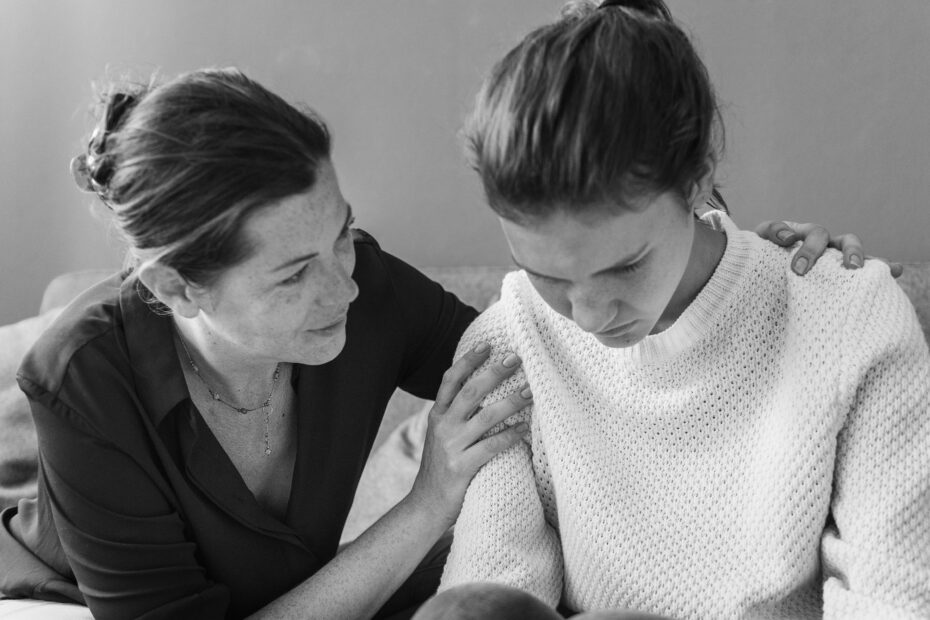As parents of adolescent children, we often encounter a phenomenon that, as one of the natural features of this stage of life, is often related to hormonal changes and changes in their self-esteem, causing emotional upheavals and mood swings in their everyday life. There are many different names for it, we will use teenage melancholia because it describes this phenomenon in the most understandable way. But what exactly does teen melancholia mean, what are its symptoms, what causes it, how long can it be considered normal, and when should you consult a specialist?
What does teenage melancholy mean?
Teen melancholia is a condition in which a teenager periodically feels sad, depressed, or hopeless. These feelings are usually not permanent and are often a normal part of adolescence. Teenage melancholia can be caused by many factors, including hormonal changes, complex social relationships, and school pressures.
Symptoms of teenage melancholia:
- Constantly feeling sad or down
- Loss of interest in previously enjoyed activities
- Insomnia or excessive sleep
- Appetite changes (weight loss or gain)
- Concentration difficulties
- Decreased energy levels
- Feelings of worthlessness or guilt
- Irritability or anxiety
- Physical symptoms such as headaches or abdominal pain
- Isolation from friends and family
What causes teenage melancholy?
The causes of teenage melancholy can be manifold. The hormonal changes that occur during puberty can have a significant impact on the emotional state of teenagers. In addition, social relationships, pressure to perform in school, body image and self-esteem issues, and family dynamics may play a role.
How long is normal and when is it abnormal?
Periodic occurrence of teen melancholia is considered normal during adolescence. However, if these feelings persist for a long time (more than two weeks) and seriously affect the teenager’s daily life, then it is worth taking the situation seriously. If your teen shows signs of depression, such as self-harming thoughts or actions, immediate professional help is needed.
10 tips for dealing with teen melancholy:
- Open communication: Talk to your teen regularly and listen to his feelings without being judgmental.
- Establish routines: Provide a consistent daily routine that can help provide stability and security.
- Healthy lifestyle: Encourage regular exercise and a healthy diet, which can positively affect the emotional state.
- Sleep: Make sure that the teenager gets enough and good quality sleep.
- Positive self-evaluation: Support the development of positive self-evaluation, praise him for his efforts and achievements.
- Creative activities: Encourage creative activities such as drawing, music, writing that can help express emotions.
- Social relationships: Let’s help maintain friendships and form new friendships.
- Free time: Provide enough free time for recreation and relaxation.
- Professional help: If necessary, see a psychologist or counselor who can help the teenager process his emotions.
- Patience: Be patient and understanding, don’t expect immediate change, give the process time.


